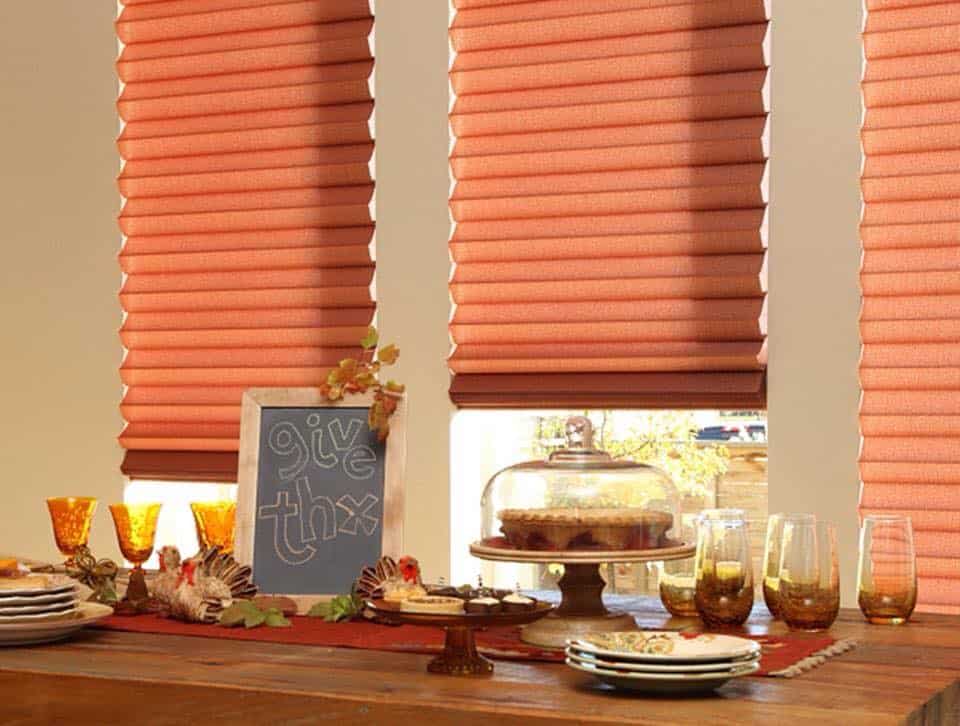If you’re on the hunt for new windows or window replacement materials, you may be wondering about vinyl vs. aluminum windows and which ones you should choose.
The answer is simple – vinyl windows are far better for a variety of reasons.
What are Vinyl Windows?
You may not know that when you say vinyl or aluminum windows, you are referring to the window’s framing material of the window. Vinyl, which is made up of an advanced polymer called Poly-vinyl, references the outer material of the window.
Benefits of Vinyl Windows
There are several reasons that vinyl windows are the most commonly used type of window. They offer a number of advantages that you don’t get with aluminum windows.
- Vinyl windows are highly energy efficient. Vinyl won’t take heat from the outdoor air outside and transfer it to the interior of your house. It repels the heat away from your home. This will keep your home comfortable and save you money on heating and cooling costs.
- Available in a large variety of styles. Casement, Awning, Single and Double hung windows, fixed windows, sliders, bow and bay windows, as well as custom shapes.
- Easy to install.
- Easy to maintain. Vinyl doesn’t require paint or staining and is almost 100% scratch free. They are less porous than wood and harder for dirt and grime to get trapped. You won’t need any special cleaning products or techniques.
Vinylbilt’s Engineered Thermal Insulation (ETI) foam system consists of a specialized foam piece inserted in the window frame to achieve better insulation, with no spaces for drafts.
No matter how old they are, vinyl windows will always look great, remain durable, and last you a long time. In a list of vinyl windows’ pros and cons, it’s hard to find the downside!

Are there disadvantages of Aluminum Windows?
The disadvantages of vinyl windows are generally outweighed by their benefits, especially when compared to other materials.
If you want to change the colour of your windows in the future, you will need to replace them since they cannot be painted. They are not as strong as aluminum and may not be suitable for larger window openings that require additional support.
Vinyl can crack in extreme cold or warp in extreme heat if you choose a low-quality vinyl window; however, high-quality vinyl windows such as those offered by Vinylbilt can withstand the colder temperatures we experience in Ontario.
Disadvantages of Aluminum Windows
By comparison, aluminum windows have a lot of disadvantages associated with them. Aluminum is a highly conductive metal, which means that aluminum windows are not as energy efficient as other types of windows. There may be heat loss and gain, which can increase your energy bills. This can lead to condensation, especially in colder climates – the moisture buildup on the glass can cause mould and mildew growth.
Aluminum windows can be prone to corrosion if they are exposed to moisture or salt air. This can cause the frames to degrade over time, which can affect their structural integrity.
Aluminum windows are not as effective at blocking sound as other types of windows, such as vinyl or fibreglass.
Aluminum windows are typically more expensive than other types of windows, such as vinyl or wood. Colour options are limited to silver, black, or white and may not match the style of your home.
When you are ready to replace your old windows or want more information on vinyl vs. aluminum windows, contact the windows and doors experts at Fasada.
We offer in-home consultations and welcome you to our showroom if you have measurements, etc., where our design experts can review all your options and desires.







